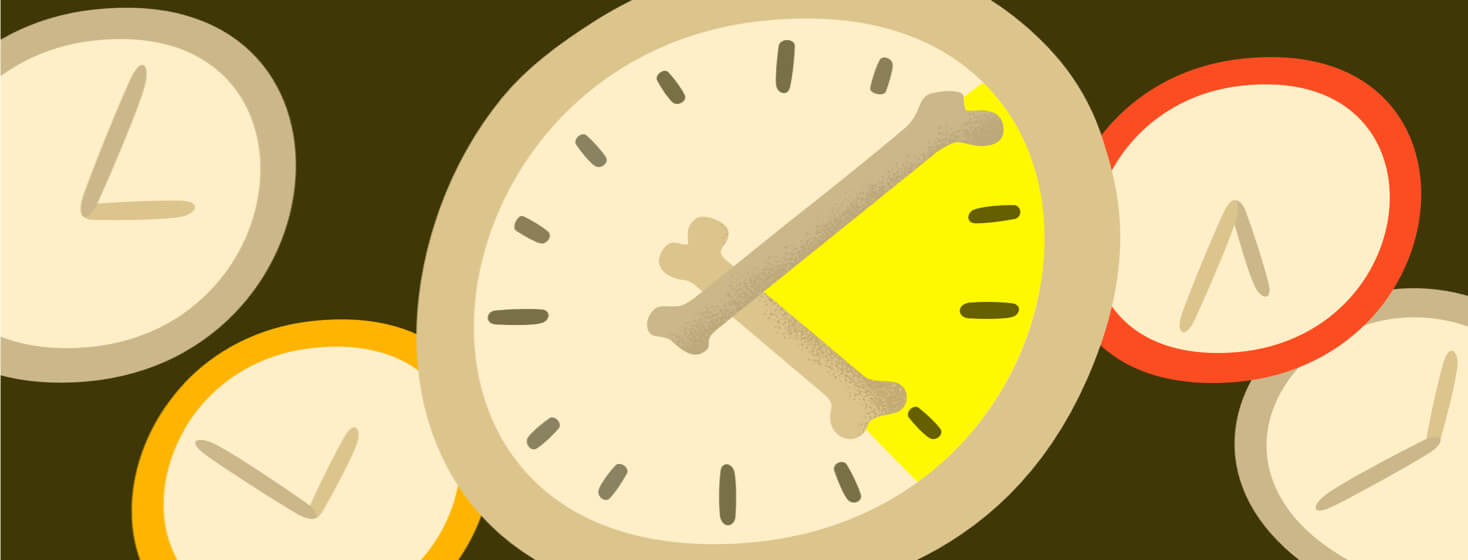Borrowing More Time For Your Bones
Psoriatic arthritis progression can happen over time. It’s different for every person. It is a spectrum between slow and fast progression depending on the person. Personally, I started having problems with my bones at the age of twenty-five, but none of my doctors took notice. My fingers had started curling slightly, but not a noticeable change.
Understanding the stages of PsA
Psoriatic arthritis has three stages: mild, moderate, and severe. They can present at any given time throughout having this condition. When symptoms for considered mild, people usually experience general pain and stiffness in the joints. When symptoms begin to have an impact on daily life, that when they may be faced with progressive disease and fall into the moderate and severe stages.
Mild psoriatic arthritis usually lasts within the early years of diagnosis. Moderate psoriatic arthritis adds to the miseries of life as it limits your activities because of increased pain and stiffness. As the disease gets worst, it restricts your movements which impacts your quality of life.
A quick look at psoriaitc arthritis progression
Of course, disease progression looks different from person to person. Some people may remain in the first two stages while some also progress to a severe form in the first year of their disease. By the time I turned 50, my doctor made me aware of psoriatic arthritis.
They explained the severity, potential bone erosion, and the possible eventual use of mobility aids. This was a moment of realization for me. I needed to find a way to slow down my disease if I want to keep moving around the world. You can’t stop the psoriatic from progressing, but from what I found, you can slow it down. My doctor told me the key to slowing down PsA is reducing the inflammation and keeping a check on it.
Ways to reduce inflammation
Apart from the medicines, there are other things that can help to reduce inflammation. I know so many of us have heard this before and I may sound like a broken record - but diet and lifestyle changes can reduce inflammation and improve overall health. I was 60 pounds overweight, and I did manage to lose 40. It did make a big difference but I can't guarantee that this will work for everyone.
If you do decide to try this, add a low-impact exercise to your daily routine. It will help to strengthen your muscles. Low-impact exercises can include swimming, biking, and yoga. Use a heating pad to relax the tensed muscles and indirectly apply an ice pack by rolling a towel on affected joints to reduce the inflammation.

Join the conversation